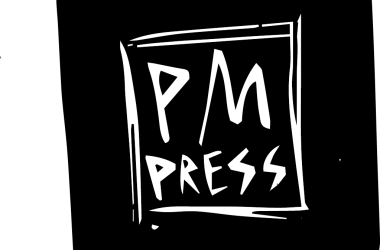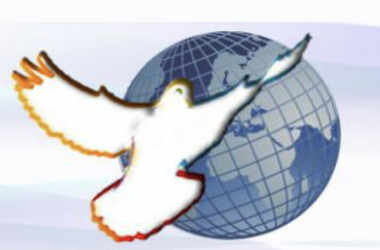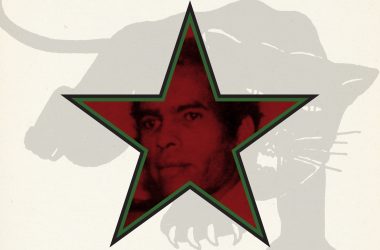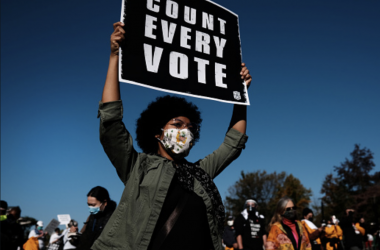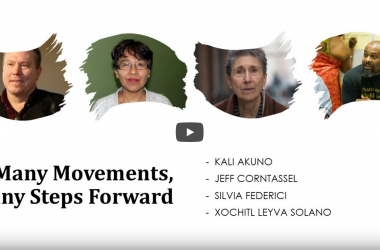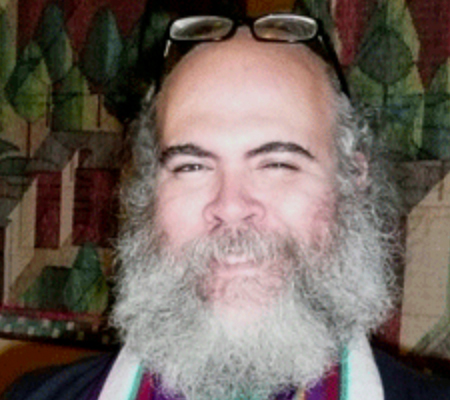
The Not-So-Hidden Connection
By Matt Meyer
WIN Magazine
“We must work together to set free those who are bound, to turn our swords and spears into plowshares.” When Argentine Nobel Peace prize winner Adolfo Pérez Esquivel lent his words to the foreword of my recently published Let Freedom Ring: Documents from the Movements to Free U.S. Political Prisoners, he did so to help underscore the links between peace and prisons.
The economic justice issues so prevalent in the growth of the prison-industrial complex are one side of the same coin encapsulating the political issues concerning disarmament, the draft, small weapons, and the growing military-industrial complex.
When the War Resisters League sponsored a forum in Washington, D.C., at the very end of Witness Against Torture’s Hundred Days campaign, spotlighting President Obama’s first 100 days in office and monitoring his commitment to shut down Guantánamo and end torture, we were trying to make the same connections.
Witness Against Torture (WAT) began late in 2005 when a walk to Guantánamo brought a team of U.S. peace activists and Catholic Workers to Cuba to attempt to make direct contact with those imprisoned on the military facility. Beyond raising the moral issue of the inhumanity of torture, the walkers were making human connections across the prison walls.
It is no coincidence that so many who were willing to take the trip south and make the long walk were also connected to the Plowshares community—which for more than two decades have been putting their bodies on the line, destroying warheads and doing significant prison time.
WAT, like the Plowshares movement, is more than simply a symbolic endeavor. “Even if we could not get close to the prison,” noted Frida Berrigan, WRL National Committee member and daughter of Plowshares founders, “with each step we could tell the story of how far the Bush administration had gone to hide its torture and abuse of prisoners.”
Two additional Plowshares activists who were part of the D.C. forum, Susan Crane and Sister Anne Montgomery, shared some of their own experiences in U.S. prisons. Both of them made close friendships with non-pacifist political prisoners from the Puerto Rican and white anti-imperialist movements.
In linking personal predicament with political strategy, some unity was forged—not based on agreement about tactics or philosophy but based on a shared understanding that it will take more than just words to turn the United States toward a peace based on justice.
War Resisters’ International (WRI) leader Joanne Sheehan rounded out the conversation, linking U.S. prison and anti-militarist issues to the work of global anti-conscription and conscientious objector rights advocates. The work of WRI has many practical local implications, as evidenced by Sheehan’s Youthpeace work with young people looking for alternatives to the military in her own Connecticut locality.
Some may still question why a group focused on peace should be interested in prison issues, or why nonviolent activists should be part of coalitions about political imprisonment or torture with people far from the pacifist position. A look at the work of WAT, WRI, Plowshares, or others clearly demonstrates that we are, indeed, fighting the same fight.
Back to Matt Meyer’s Editor Page

